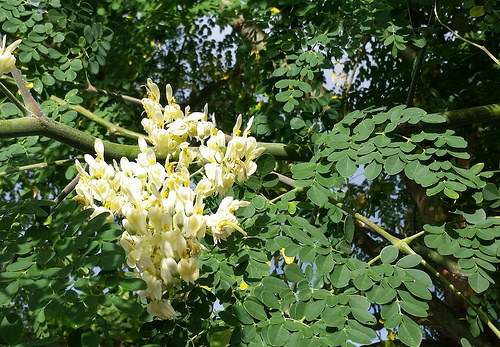Why Malunggay is the Superfood You Should Be Consuming Daily

Malunggay, also known as moringa, has long been recognized for its exceptional nutritional value. Once considered a humble backyard vegetable, it has now become a key ingredient in various health and wellness products. With its rich content of vitamins, minerals, and antioxidants, malunggay is gaining global recognition as a superfood.
Malunggay-Based Products: A Growing Industry
With increasing awareness of its health benefits, businesses have been innovating ways to incorporate malunggay into daily consumption. Today, a variety of malunggay-based products are available in the market, each offering a unique way to enjoy its benefits:
- Malunggay Oil – A healthier alternative to traditional cooking oils, it serves as an excellent substitute for olive oil.
- Malunggay Powder – A versatile ingredient that enhances the nutritional value of processed food like noodles, bread, and even soups.
- Malunggay Capsules and Tablets – Used as dietary supplements, these provide an easy way to boost immunity and overall well-being.
- Malunggay Tea – Known for its detoxifying properties, malunggay tea is a popular beverage that promotes better digestion and overall health.
- Malunggay Juice and Iced Treats – A refreshing alternative for children and adults, often mixed with calamansi or lemon to create a nutrient-packed drink.
Scientific Backing: Malunggay’s Nutritional Powerhouse
Malunggay is not just another vegetable—it is loaded with essential nutrients:
- Rich in Vitamins A, C, and E – Strengthens the immune system and promotes healthy skin.
- High in Protein and Iron – Beneficial for individuals prone to anemia and those looking to boost muscle recovery.
- Packed with Antioxidants – Helps neutralize free radicals that contribute to aging and diseases.
- Excellent Source of Potassium – Supports heart health and proper muscle function.
Global Recognition and Innovations in Malunggay Consumption
The global demand for malunggay has surged, with countries like Japan incorporating it into their wellness industry. Japanese businessman Mitsuo Shoji pioneered the development of malunggay tea, claiming that its medicinal properties help prevent various diseases.
Meanwhile, in the Philippines, Dr. Edwin Balbarino of the Visayas State University introduced malunggay juice mixed with calamansi. This innovation makes it easier for children to consume malunggay without the bitter taste, promoting better nutrition among younger generations.
The Department of Agriculture’s Push for Malunggay Farming
Recognizing its potential to address malnutrition and food security, the Department of Agriculture (DA) actively promotes malunggay cultivation. The agency encourages farmers and entrepreneurs to engage in malunggay-based businesses, highlighting its profitability and health benefits.
Malunggay is an easy-to-grow plant that thrives in tropical climates. It can be cultivated from seeds or cuttings, requiring minimal maintenance while offering a sustainable source of nutrients.
Final Thoughts: Why You Should Include Malunggay in Your Diet
With its powerful nutritional profile and growing market presence, malunggay is more than just a backyard vegetable—it is a superfood with endless possibilities. Whether consumed as a supplement, beverage, or culinary ingredient, adding malunggay to your diet is a step toward better health.
As the demand for plant-based nutrition continues to rise, malunggay proves to be a cost-effective, sustainable, and highly nutritious choice for individuals and businesses alike.
Boost Your Health with Malunggay Today!
Looking for easy ways to incorporate malunggay into your meals? Share your favorite malunggay recipes and experiences in the comments!
